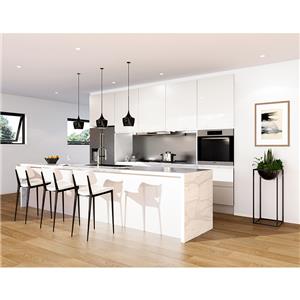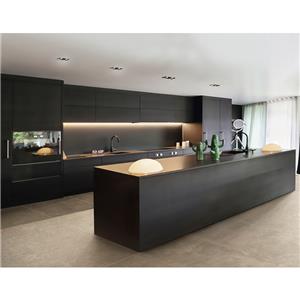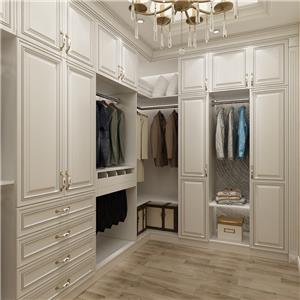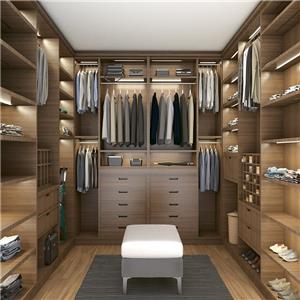Pros and Cons of Butcher Block Kitchen Countertops
Butcher block countertops are a popular choice for kitchen renovations and have been for years. They offer a warm, natural look that can give a kitchen a cozy and inviting feel. Like any other countertop material, they come with their own set of pros and cons.
| Pros of butcher block countertop |
Cons of butcher block countertop |
|---|---|
| Durability | Prone to water damage |
|
Aesthetics |
Requires regular maintenance |
| Easy to maintain |
Vulnerable to scratches and dents |
| Food preparation surface | Susceptible to bacteria growth |
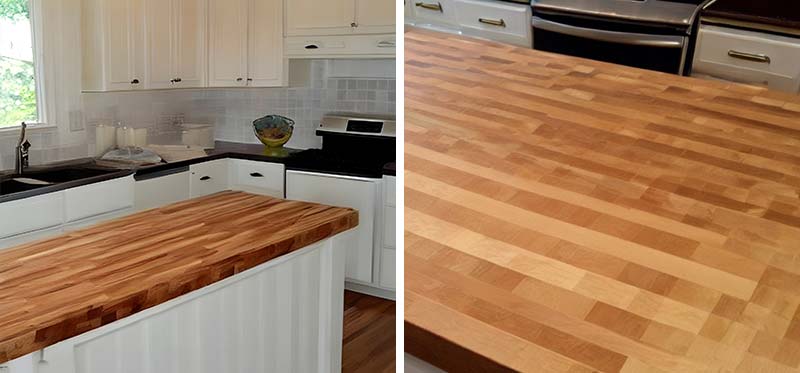
GET A QUOTE
Pros of butcher block countertop
-
Durability: Butcher block countertops are made from solid wood, which makes them very durable. They can handle heavy use and are resistant to scratches and nicks. With proper care and maintenance, they can last for decades.
-
Aesthetics: Butcher block countertops add warmth and character to a kitchen. They are available in a variety of wood species and can be customized to fit any kitchen style.
-
Easy to maintain: Maintaining a butcher block countertop is relatively easy. All you need to do is oil it regularly with a food-safe oil to keep it from drying out and to prevent staining.
-
Food preparation surface: Butcher block countertops are ideal for food preparation. They are sanitary and don't dull knives as quickly as harder materials like stone.
Cons of butcher block countertop
-
Prone to water damage: Butcher block countertops are susceptible to water damage, so spills should be wiped up immediately. Prolonged exposure to water can cause the wood to warp, crack or even rot.
-
Requires regular maintenance: As mentioned earlier, butcher block countertops need to be oiled regularly to maintain their appearance and prevent drying out. Neglecting this maintenance can lead to cracks, warping, and discoloration.
-
Vulnerable to scratches and dents: While butcher block countertops are durable, they are not indestructible. Heavy impacts or sharp knives can cause scratches and dents that can mar the surface.
-
Susceptible to bacteria growth: Because wood is porous, it can harbor bacteria. Proper cleaning and disinfection are essential to keep the countertop safe for food preparation.
In conclusion, butcher block countertops are a great option for those who appreciate the natural beauty of wood and want a durable and functional surface for food preparation. However, they require regular maintenance and are vulnerable to water damage, scratches, and bacteria growth. As with any other countertop material, it's important to weigh the pros and cons and choose the one that best fits your needs and lifestyle.
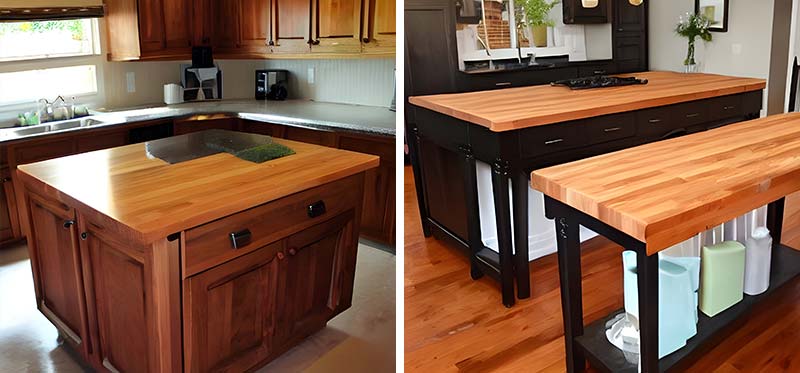
Butcher Block Countertops Finish Options
Butcher block countertops are a popular choice for kitchen countertops due to their classic style, durability, and easy maintenance. Butcher block countertops are available in a variety of finishes, including unfinished, stained, lacquered, and oiled. Each finish offers its benefits and drawbacks, so it is important to know what finish is best for your kitchen.
Unfinished butcher block countertops are the least expensive, but they require regular maintenance. To protect the wood, you will need to seal it every few months with mineral oil or butcher block oil. This will keep the wood looking its best and protect it from water and other liquids.
Stained butcher block countertops
Stained butcher block countertops are a great way to add a pop of color to your kitchen. Stains can be applied to the wood in a variety of colors, ranging from natural to vibrant. The color will last for years and won’t require regular maintenance. The downside is that stains can be difficult to match, so if you are looking for a specific shade, it may be difficult to find the exact match.
Lacquered butcher block countertops
Lacquered butcher block countertops are a great choice for those who want a glossy finish. The lacquer seals the wood and gives it a shiny appearance. The downside is that it is more expensive than other finishes and can be difficult to repair if it chips or scratches.
Oiled butcher block countertops
Oiled butcher block countertops are the most common finish. Oiled countertops are sealed with a food-safe oil that penetrates the wood, protecting it from liquids and bacteria. Oiled countertops require regular maintenance, but the oil can be easily reapplied when needed.
Butcher block countertop FAQs
Is butcher block cheaper than granite?
Generally, butcher block is less expensive than granite but it is not always the case. It depends on the type of butcher block and granite you are looking at.
Are butcher block countertops high maintenance?
No, butcher block countertops are not high maintenance. They require regular cleaning and oiling to prevent staining and cracking, but they are not difficult to maintain.
Does butcher block countertops crack?
Yes, butcher block countertops can crack over time without proper maintenance. Cracks can occur due to changes in humidity and temperature, or from water and food spills that are not wiped up quickly. To avoid cracks, it is important to maintain the countertop by sealing it regularly and wiping up any spills immediately.
Related articles
Kitchen Cabinet Materials: Total Guide

